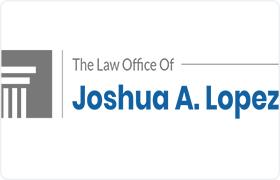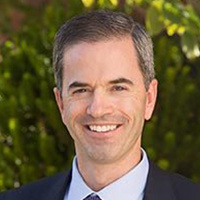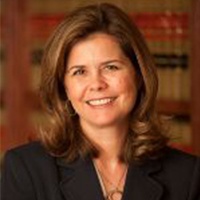Maricopa County, AZ Misdemeanor Lawyers
Sponsored Law Firm
-
 x
x

Click For More Info:
-
The Law Office of Joshua A. Lopez
6991 East Camelback Rd. Suite D-300 Scottsdale, AZ 85251» view mapCriminal Defense Law Skilled Criminal Defense Lawyer
A trusted Phoenix criminal lawyer, like The Law Office of Joshua A. Lopez provides dedicated, personalized support and aggressive legal defense to those accused of a crime.
800-964-8710
Bradlee Rideout
✓ VERIFIEDAttorney Brad Rideout is the managing attorney of Rideout Law Group. Brad got his undergraduate degree from Arizona State University, then got his law... (more)
Jeremy S. Geigle
✓ VERIFIEDJeremy earned his undergraduate degree from the Marriott School of Management at Brigham Young University in 1998. He then attended Pepperdine Univers... (more)
Ryan McPhie
✓ VERIFIEDGrand Canyon Law Group (formerly McPhie Law) was created to fight for the little guy. We pride ourselves on being the law firm that fights hard and pu... (more)
Kristen M Curry
✓ VERIFIEDKristen Curry has been certified as a Criminal Law Specialist through the State Bar of Arizona for the past 18 years and has extensive jury trial and ... (more)
FREE CONSULTATION
CONTACTFREE CONSULTATION
CONTACTScott Allan Maasen
FREE CONSULTATION
CONTACTFREE CONSULTATION
CONTACTFREE CONSULTATION
CONTACT Joshua A. Lopez Scottsdale, AZ
Joshua A. Lopez Scottsdale, AZ Practice AreasExpertise
Practice AreasExpertise





